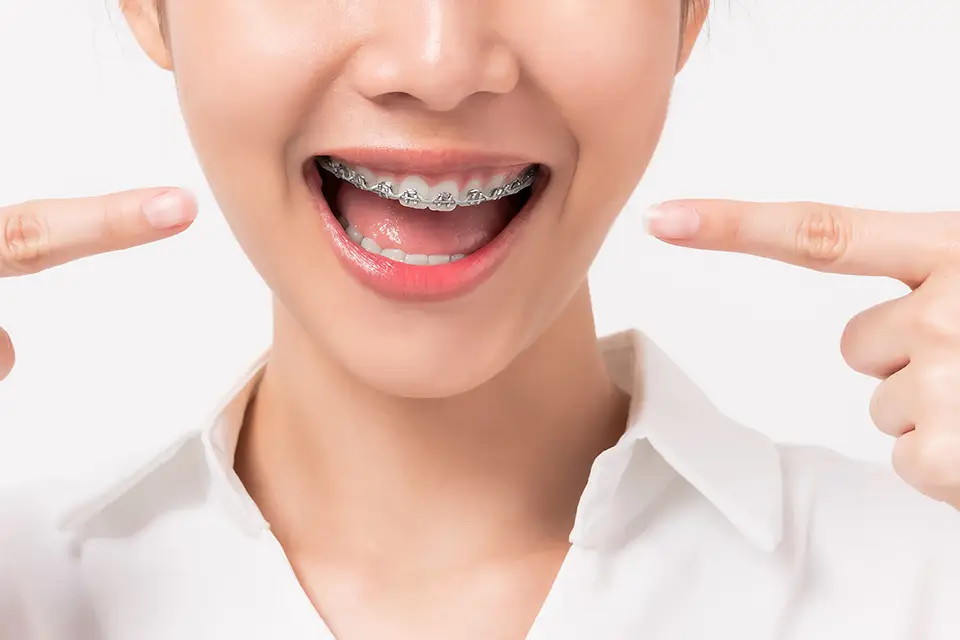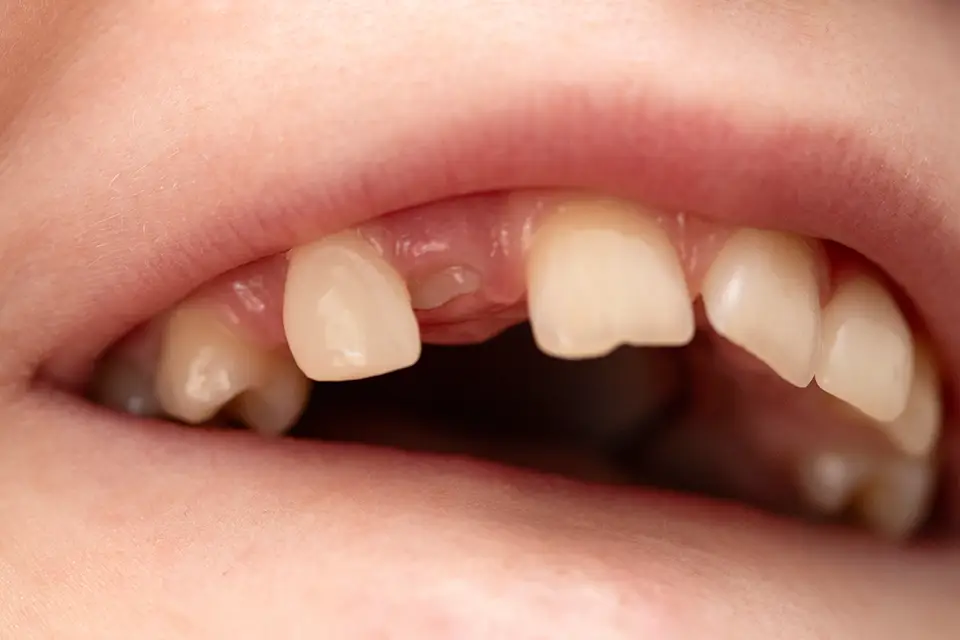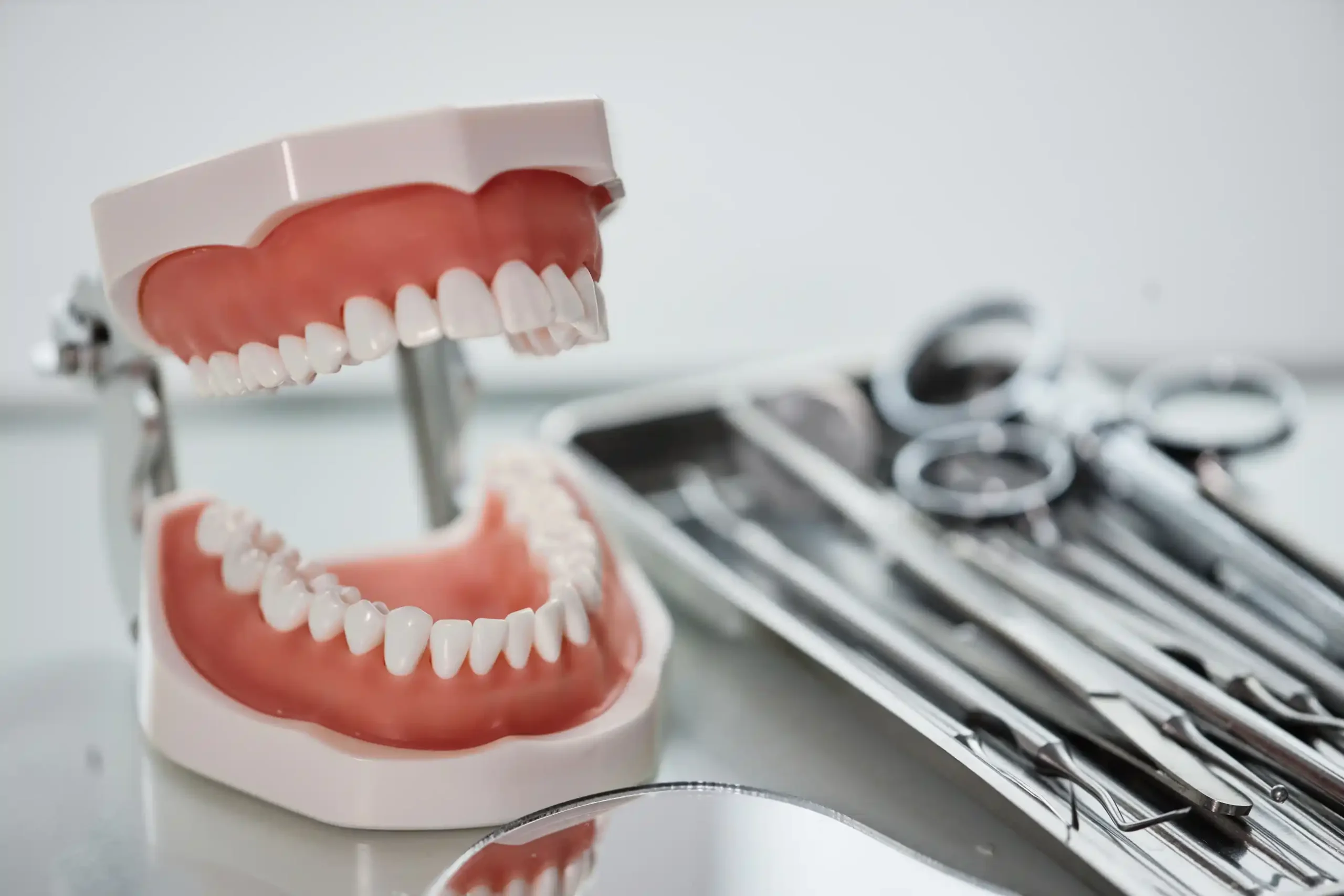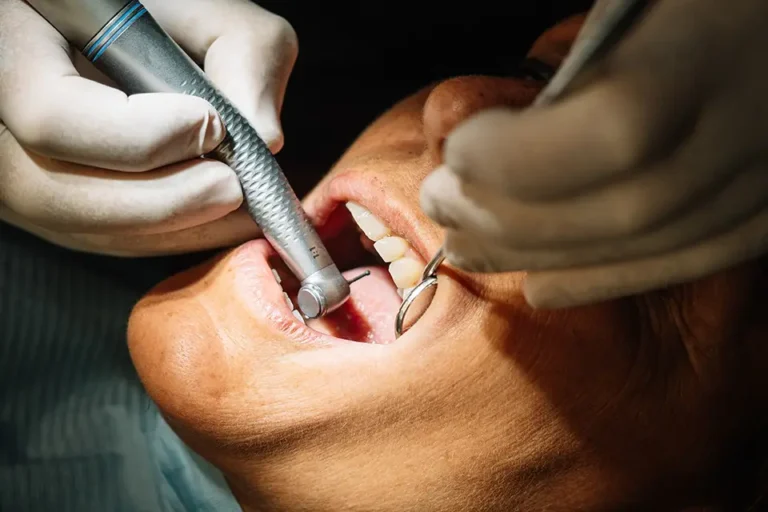What Are Dentures?
In order to replace lost teeth, people often use removable false teeth called dentures. They facilitate better speech and chewing. Dentures are custom-made from acrylic or metal to suit the patient’s mouth. They consist of false teeth affixed to a gum-colored or pink base.
Dentures come in two varieties: partial, which only replaces a few lost teeth, and complete, which covers every tooth in the upper or lower jaw. In addition, suction or adhesive creams keep them in place. Furthermore, they require proper maintenance, including cleaning and soaking regularly.
They may take some getting accustomed to, and adjustments may be necessary for comfort. Also, they are crucial in restoring a person’s ability to eat, communicate, and maintain facial structure while boosting confidence and general dental health.
11 Best Ways to Care for Your Dentures
Denture care is essential for ensuring their longevity as well as excellent performance.
Here are detailed instructions for caring for and maintaining your dentures:
Handle Carefully
When handling your dentures, be cautious and avoid bending or dropping them. If they unintentionally slip from your hands, put a towel or bowl of water in the sink to prevent damage.
Clean Your Dentures Every Day
To get rid of plaque, food stains, and other contaminants, give them a thorough cleaning at least once a day. Moreover, use a soft-bristled toothbrush or a denture brush made exclusively for this purpose.
Use Gentle Cleaning Agents
Use a non-abrasive denture cleaner or mild liquid dish soap to clean your dentures. Avoid using toothpaste or harsh cleaners since they might be abrasive and damage their surface. Instead, for proper usage, follow the instructions provided by the cleaner.
Brush All Surfaces
Use a soft-bristled brush to clean the teeth, gums, and other parts of the dentures that will come into contact with your mouth. Additionally, pay close attention to places where stains or plaque frequently build up.

Rinse After Eating
Take them off and wash them in running water. Doing so may eliminate any loose food particles and avoid bacterial growth.
Soak Overnight
To keep your dentures moist and in good condition overnight in a denture cleanser solution or plain water. Follow the instructions supplied by your dentist or the manufacturer for the proper soaking time and solution.
Clean Your Mouth and Gums
After removing them, brush your gums, tongue, and any natural teeth that remain. Moreover, this helps to eliminate plaque, increase circulation, and maintain dental health.
Schedule Frequent Dental Checkups
Schedule regular dental examinations even if you have them. Your dentist will assess the fit of your dentures and make any required modifications. Also, they can do professional cleanings and check the overall health of your mouth.
Avoid Using Hot Water
Hot water can cause dentures to distort, so always use lukewarm or cool water while cleaning or soaking them.
Store Your Them Properly
Place them in a cup filled with clean water or a denture solution when not in use. Do not allow them to dry out, as this may result in them losing their shape.
Don't Overuse Adhesive
Denture adhesive can improve fit and stability but shouldn’t replace denture maintenance. If you rely excessively on adhesive, visit your dentist about adjustments or a possible denture reline.
Furthermore, following these specific instructions, you can keep them clean, comfortable, and in good shape. Remember to talk to your dentist if you have concerns or queries about caring for your dentures.
When to Visit the Dentist
You must contact your dentist if you are experiencing any of the following problems:
- Loose or poorly fitting ones that make chewing or speaking uncomfortable.
- Denture damage, such as cracks, chips, or broken pieces.
- Gum or mouth irritation, discomfort, or redness.
- Persistent foul breath or a bad taste in your mouth.
- Changes in denture fit that cause them to become loose or unstable.
- Excessive wear or discoloration of your dentures.
- Any additional questions regarding denture care, maintenance, or oral health.
To ensure your dentures work correctly and maintain your oral health, consult your dentist, who can analyze the condition, make any necessary adjustments or repairs, and address any underlying problems. Call us at Zara Dental if you live in Houston, Texas and are considering dentures!








